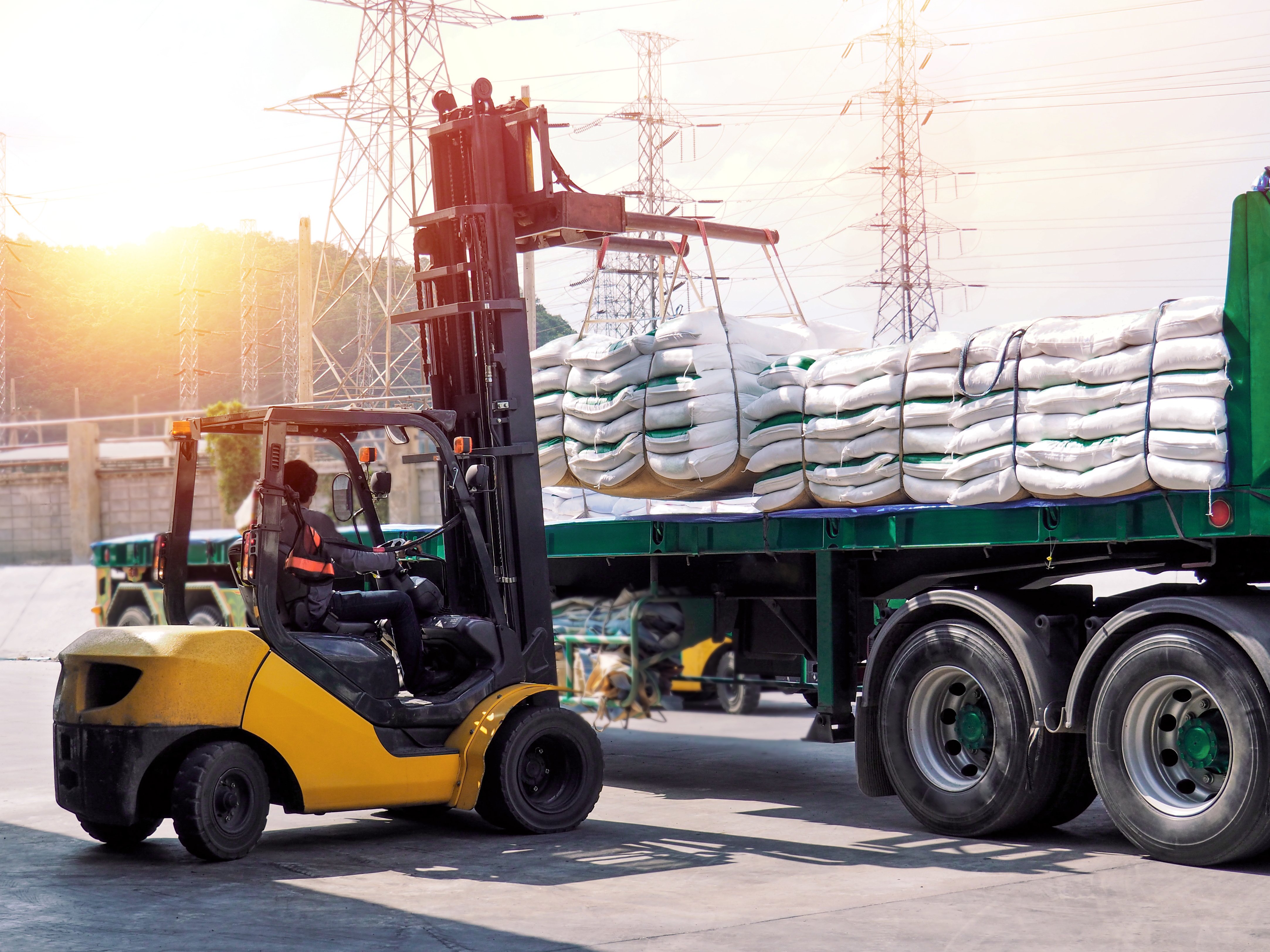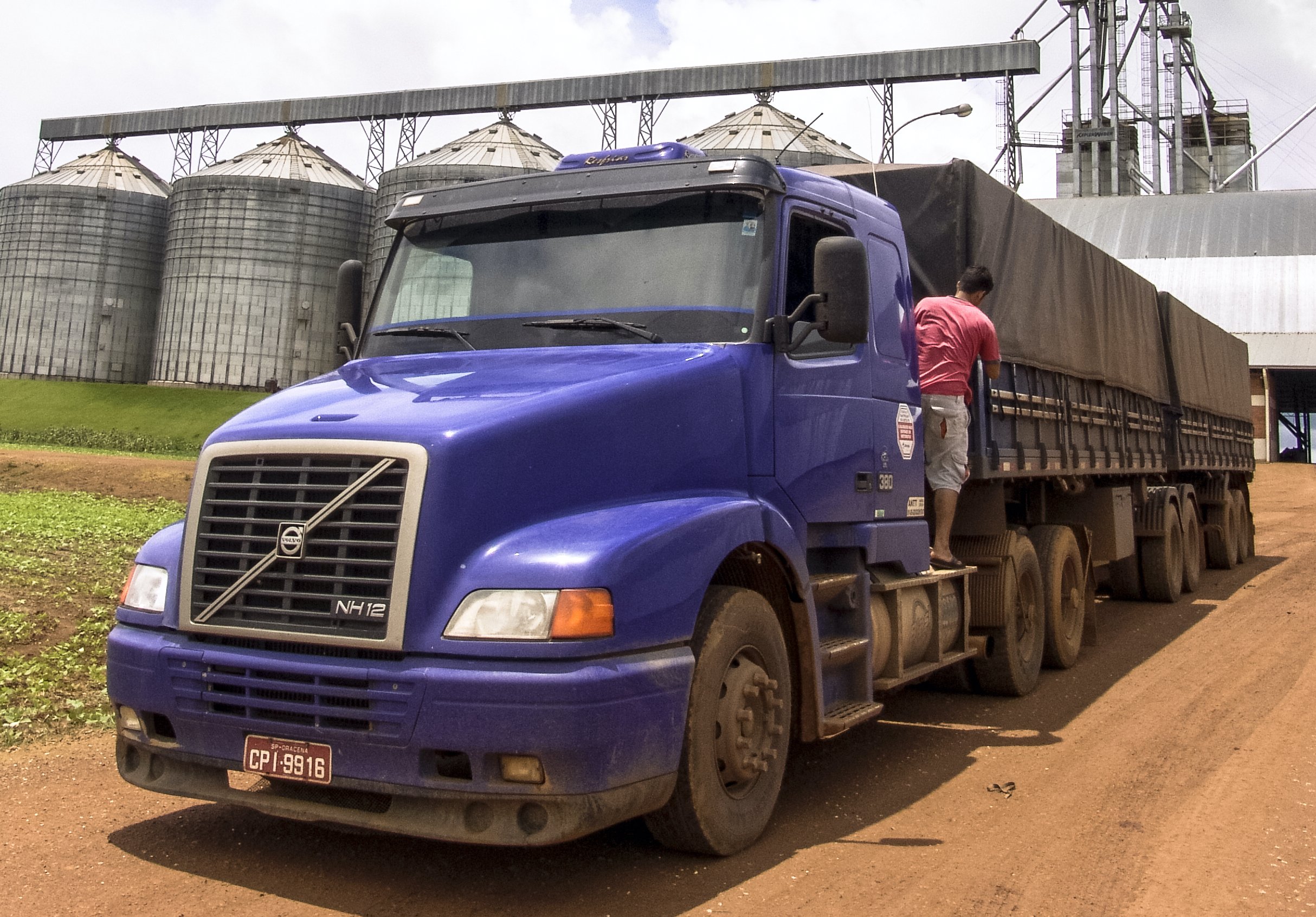Crops Over Crude: Why Fleets Are Turning to Agriculture For Survival

COVID-19 has dramatically transformed the entire world and continues to make a significant impact on the inland shipping industry. The lack of demand and a limited number of supplies for individual businesses has made it difficult for truck drivers to get back on the road.
Oil prices have also dramatically gone down to record lows, which puts additional strain on the trucking industry. Understanding how to overcome these challenges is essential for FTL shippers and carriers to maintain success in these difficult and uncertain times.
How Low Oil Prices Impact the Trucking Industry
Combining the global COVID-19 pandemic and a feud over oil prices between Russia and Saudi Arabia has significantly reduced the demand for oil across the entire world. Attempting to predict future oil prices isn't an easy task due to the unpredictable nature of the COVID-19 virus.
All of this uncertainty has caused many trucking companies to look elsewhere for work due to the decreasing demand for oil. While cheaper diesel is beneficial for lowering operational costs, it also requires shippers to look at other areas to remain busy during an economy that is significantly limited by the COVID-19 virus.
Why More Fleets are Focusing on Agriculture
One of the ways truckers are evolving in response to the global pandemic and the record-low oil prices is to focus more on transporting agricultural products. Shipping various agrarian products continue to grow for many different businesses, farms steadily, and ranches across the country. Transporting fertilizers and last year's crops have made it possible for trucking companies to stay busy and provide a much-needed service during these troubling times.
Ultimately, the ability to focus on transporting these products has been a lifesaver for many companies across the United States.
Evolving Rules and Regulations
The COVID-19 pandemic has forced many states to make various rules changes in the transportation industry. For example, many states have increased truck weight limits to make it easier to move a larger number of essential products during each shipment.
Allowing for more significant shipments has helped to sustain the food supply chain and reduce any potential shortages due to the pandemic. Additional rules changes have also made it possible for truck drivers to extend their driving time from 11 to 14 hours while also gaining additional flexibility in taking more breaks.
The Future of the Trucking Industry
The flexibility to change and meet the demands of an ever-evolving economy is essential to the long-term success of FTL shippers and carriers. Understanding how to meet new demands is important in maintaining a steady workload and avoiding any lengthy periods of downtime.
Always keeping up to date with the latest news and utilizing the latest tech in the industry can play a key role in helping you succeed even during the most challenging times in the inland shipping industry.
.png?width=574&name=Cargobot%20Logo%20(1).png)
Stay in Touch with Cargobot for the Latest News
Cargobot is a company specializing in connecting shippers and carriers with each other in the domestic freight industry. We can help provide a direct match between shippers and carriers, and you will not have to pay any hidden broker fees. Our digital platform can help your business succeed even during these troubling times.
Our app allows you to track all of your shipments in real-time easily, and you will never have to worry about paying a middle man. Subscribe to our blog today and keep up with all of this latest news in the trucking industry.
Discover the many benefits of using Cargobot's digital platform to connect shippers and carriers!


